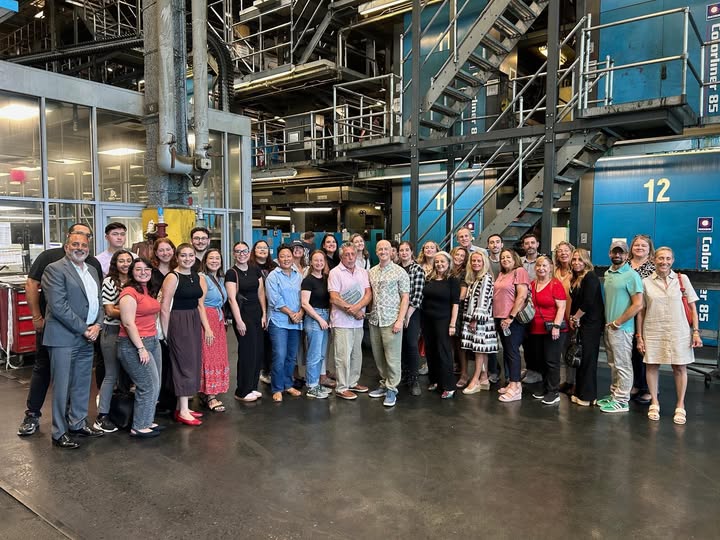Identifying Your Inner Circle
“It’s important to consider the five people who are in your inner circle, because they are going to deeply and profoundly influence you,” Darrah Brustein, founder of Network Under 40, Why Your Inner Circle Should Stay Small, and How to Shrink It, HBR.
If the above bothers you, rest assured you’re not alone. No one wants to be a carbon copy of their parents. No one wants to mirror their weird Craigslist roommate. The point is – though we value those around us, we want to be unique – and that’s OK! That aside, we have to acknowledge the power of our inner circle, and more specifically, how they shape our personalities.
I’m Alexandria, a senior ad major currently interning at EXL, an operations management and analytics corporation based out of NYC. When I started my position 7 months ago, I felt discouraged by my colleague’s wit, intelligence, and poise – failing to realize that by working alongside them, I could embody those same traits over time. If you’re reserved like me, acclimating to new situations can be tricky, which is why I summarized how to find your inner circle in five short steps.
- Be personable
Networking requires vulnerability (as in, acting human). Crack a joke, tell a story, ask a question. The more your colleagues know you, the more they can help you.
- Get to know your colleagues
Ask them to join you for coffee. Check if you can book a 1:1 via Outlook. By taking the time to know them, the easier it becomes to work together.
- Take on new tasks
Once you’ve become comfortable with your new role, you’re probably not doing enough. To grow in your position, you have to challenge yourself. That means asking your colleagues to pass down a few tasks (crazy, I know).
- Ask questions
After you’ve added to your workload, you’re not going to accomplish every task with ease. You might need clarification in a few areas, and since your responsibilities are funneling down from your higher-ups, who better to ask for help than them?
- Be choosy
Perhaps now is a good time to inform you that Brustein’s statement is entirely subjective – there is no “magic 5”. Rather, there are a select few that influence our character – after all, we are the product of our environment. The upside? We have the power to choose which behaviors we exhibit.


